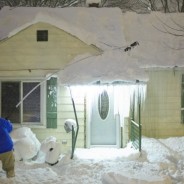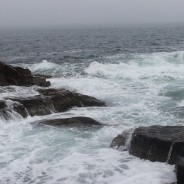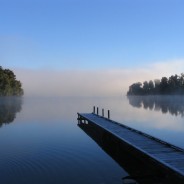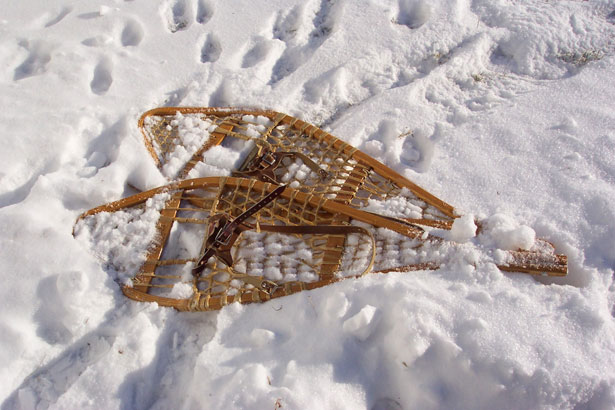Writing about Gratitude as an Antidote to the Pain of Receiving Criticism?
Browsing for research on writing about gratitude, I found this interesting study, written about in the New York Times in 2011. It offers a way to think about gratitude writing as a kind of intervention when a challenge arises. The quoted passages are directly from the New York Times article. 1. The challenge: Criticism arises. (Ouch!) After turning in a piece of writing, some students received praise for it while others got a scathing evaluation: “This is one of the worst essays I’ve ever read!” 2. Retaliation: Loud blasts as a way to respond? Then each student played a computer game against the person who’d done the evaluation. The winner of the game could administer a blast of white noise to the loser. Not surprisingly, the insulted essayists retaliated against their critics by subjecting them to especially loud blasts — much louder than the noise administered by the students who’d gotten positive evaluations. 3. But what if: What if one were to stop and write an essay on gratitude? But there was an exception to this trend among a subgroup of the students: the ones who had been instructed to write essays about things for which they were grateful. After that exercise in counting their blessings, they weren’t bothered by the nasty criticism — or at least they didn’t feel compelled to amp up the noise against their critics. After that exercise in counting their blessings they weren’t bothered by the nasty criticism. This seems potentially important—as if writing might be able to jump-start an entirely different circuit in the brain. One that doesn’t hurt so much. And perhaps there’s something particularly powerful about gratitude writing that can offer this kind of jump-start. It might be difficult to write an entire essay in the moment when a sting arises. But perhaps the introduction? The outline? The first line? It’s an appealing, though I think challenging, alternative to obsessing on the criticism—or on the loud blast that one could retaliate with. I grew up in Grand Rapids, Michigan, and learned just yesterday that they’ve set some kind of record this year by having over 30 inches of snow in November. Thirty inches of snow in November! There is such an abundance to be grateful for, but I think the next time criticism arises, I might just start an essay with that—the fact that I do not have to go outside in the cold and shovel the roof. Along with the fact that I do not own a roof shovel, and do not anticipate needing to own one. The study on gratitude was conducted by Nathan DeWall at the University of Kentucky The New York Times article can be found here The picture is of a woman in Grand Rapids shoveling snow off her roof—with a roof...
read more




